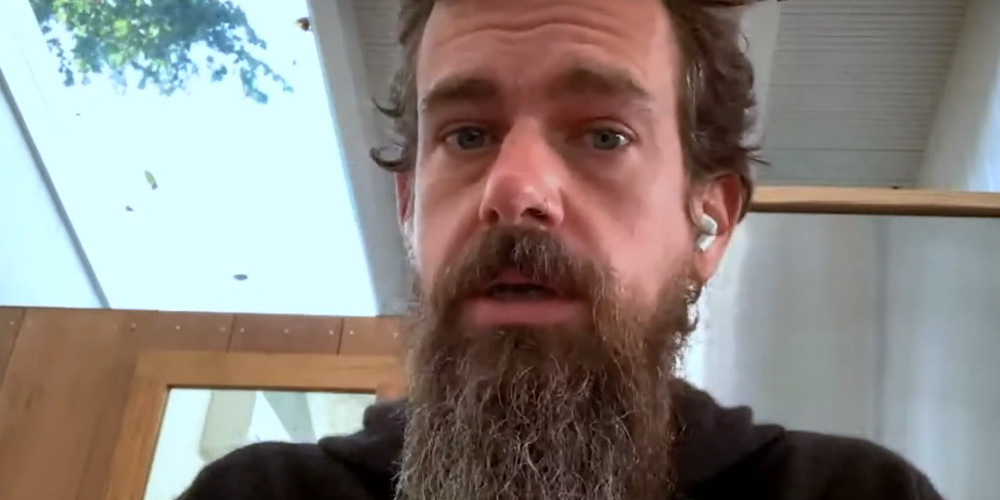Bitcoin and blockchain technologies have made "decentralize" a more popular term than ever. The two technologies have helped shaped the platform, where no one has the control of the system.
The technologies come with the concept of keeping data and transactions away from any controlling body, entity, person or company. What this means, once a data is recorded, it will stay there, or as long as the network of computers that make the blockchain, exists.
Data, once sent to a blockchain network, cannot be deleted or removed from all the systems.
In other words, the data will remain online, forever.
Jack Dorsey, the CEO of Twitter, is known to be an advocate of the two technologies.
He once said that Bitcoin has the potential that can even outshine its future developments. He also said that the cryptocurrency is still the most viable internet-native currency.
And speaking at the Oslo Freedom Forum, Dorsey again advocates the technology, saying that Bitcoin and blockchain technology will usher in a movement that will transform the modern internet, into what it was originally intended to be.

Originally, the internet was meant to be controlled by no one.
The devices that are linked together in an open network, are meant to make the internet that no person can own, control or switch off. This was very much a part of the design: the inventors of the World Wide Web wished that the invention can allow people to create and access information equally and without boundaries nor restrictions.
While the internet is the biggest decentralized communication system humanity has ever seen, pretty much of it is already centralized.
In the modern web, people are accustomed to use some of their favorite apps and services. While those people are concentrating on only a few of those apps and services, the activity simply narrows the experience of the web, to a point that those people are only shown the content of the web that appeals them the most.
Using trackers, cookies and all sorts of data collecting methods, search engines, social media giants, and others are capable of filtering the vast web, to just reveal what users want the most.
In other words, while the internet at large remains decentralized, the things people do on it everyday, are pretty much controlled by just a handful of technology giants.
In the early days, the internet was more decentralized, said Dorsey. But in that case, decentralization meant that content discovery was more difficult.
With the blockchain technology, Dorsey sees a potential in creating a decentralized web, but with a better discovery and financial tools that share that decentralized approach.
According to its slogan, Twitter is where things are "happening". For it to embrace decentralization, it needs to pivot in order to work in a world that no longer engage in content-hosting activities.
"What that means ultimately is we need to become a client of something much bigger than us. We need to enable people to contribute to a public blockchain and we need to be able to enable people to be able to pull and see from that public blockchain as well."
If Twitter, or anything else can do that, Dorsey believes that at that moment, the internet would turn back to its original intent, where anyone in the world can access any information.
At that time, anyone in the world will be able to make decisions around in terms of their engagement, in terms of what they own, in terms of what they see, and in terms of what they share, Dorsey said.